Best Moisture Meter for Home Inspectors: A Quick Guide

As a home inspector, a moisture meter is one of the most important tools you need. A moisture meter measures the moisture level in building materials and helps detect potential water damage or mold growth. In this blog, we’ll discuss the top 3 moisture meters for home inspectors and provide a comprehensive guide to help you choose the best one for your needs.
Introduction to Moisture Meters for Home Inspectors
Moisture meters measure the moisture content in various building materials, including wood, drywall, concrete, and carpet. These tools use electrical conductivity to determine the moisture levels in the material being tested. Home inspectors use moisture meters to detect potential water damage or mold growth in a home.
Why are moisture meters important for home inspectors? Excessive moisture in building materials can lead to mold growth, which can cause health problems for home occupants. Moisture can also cause wood rot, which can weaken the structural integrity of the building. Therefore, detecting and fixing any moisture problems as early as possible is important to prevent further damage.
Our Top 3 Picks of Moisture Meters for Home Inspectors
There are several types of moisture meters available on the market, but we’ve narrowed it down to the top 3 that are most suitable for home inspectors:
Moisture Meter 1: Pin-Type
Pin-type moisture meters are the most common type of moisture meter home inspectors use. These meters use two metal pins to penetrate the surface of the tested material and measure the electrical resistance between the pins. The higher the resistance, the drier the material. Pin-type moisture meters are best suited for measuring the moisture content in wood.
Pros:
Accurate readings
Affordable
Easy to use
Cons:
Leaves small holes in the material being tested
Can only measure moisture content at the surface
Best use cases:
Wood flooring
Subflooring
Wall studs
Moisture Meter 2: Pinless-Type
Pinless-type moisture meters are also known as non-invasive or non-destructive moisture meters. These meters use electromagnetic waves to detect moisture in building materials. The meter is placed on the surface of the material being tested, and the waves penetrate the material to measure the moisture content.
Pros:
Non-destructive testing
Can measure moisture content deeper within the material
No holes left in the material being tested
Cons:
Not as accurate as pin-type meters
More expensive
Not as easy to use
Best use cases:
Drywall
Plaster
Concrete
Moisture Meter 3: All-in-One Type
All-in-one moisture meters combine both pin-type and pinless-type capabilities in one device. These meters have two modes: one for pin-type testing and one for pinless-type testing. They are more expensive than other types of moisture meters, but they offer the best of both worlds for home inspectors who need to test various materials.
Pros:
Dual testing capabilities
Accurate readings
Easy to use
Cons:
Most expensive option
It may not be necessary for all home inspectors
Best use cases:
Home inspectors who frequently test a variety of materials
Factors to Consider when Choosing the Best Moisture Meter for Home Inspectors
When choosing the best moisture meter for your business, there are several factors to consider:
Accuracy: How accurate are the readings?
Range: What is the range of moisture levels the meter can detect?
Durability: How durable is the meter? Will it hold up to regular use?
Ease of Use: How easy is using the meter and reading the results?
Price: What is the price range, and is it within your budget?
Want to Step Your Game Up? Here are some Infrared Camera Options:
Summary
Home inspectors need a moisture meter to detect potential water damage and mold growth. Pin-type, pinless-type, and all-in-one moisture meters are the most popular for home inspectors. Each type has pros and cons and is best suited for specific materials.
When choosing the best moisture meter for your business, consider factors such as accuracy, range, durability, ease of use, and price. By carefully considering these factors, you’ll be able to choose the best moisture meter for your business and provide top-notch service to your clients
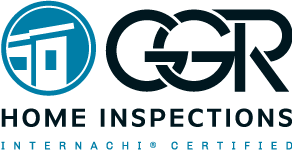









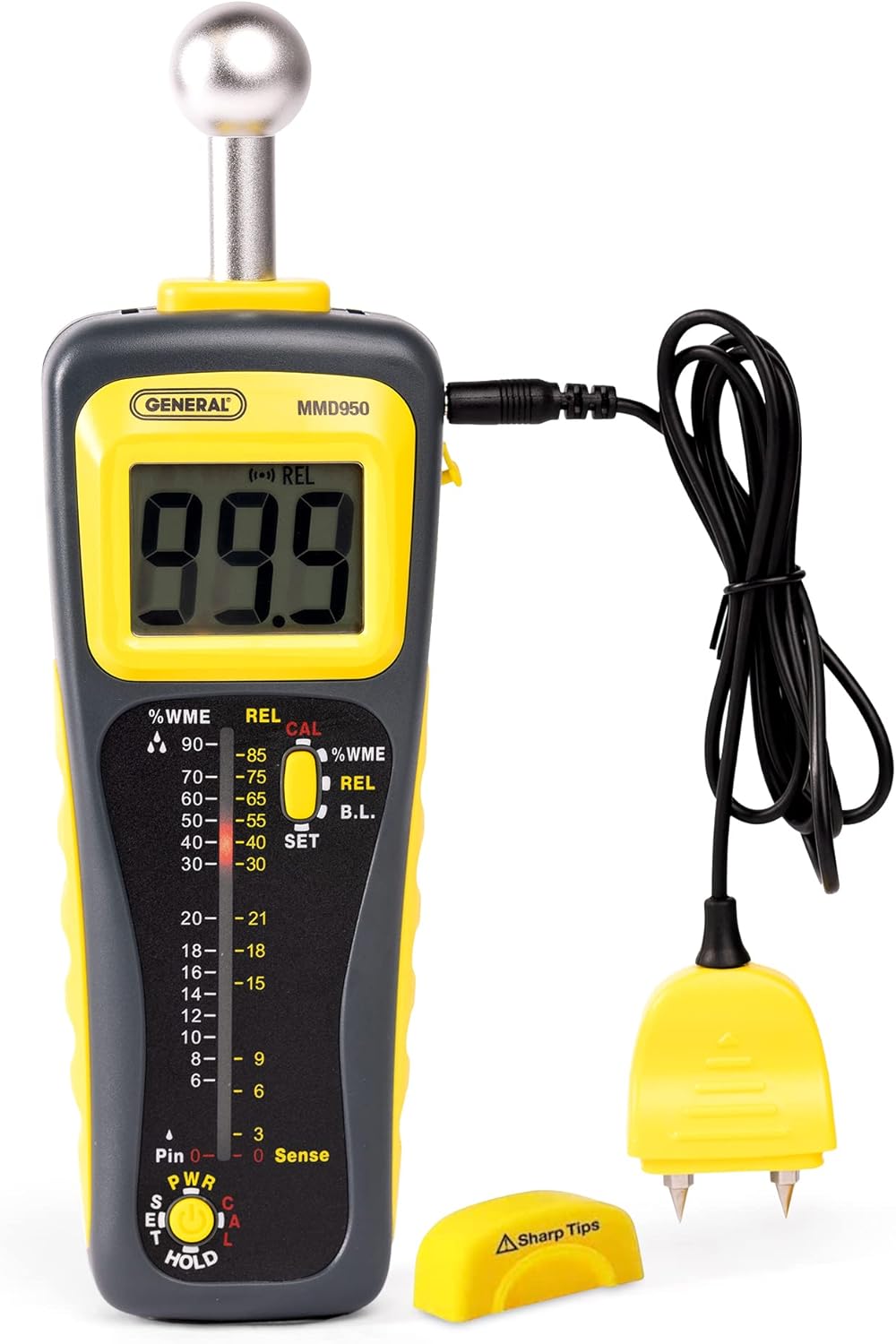


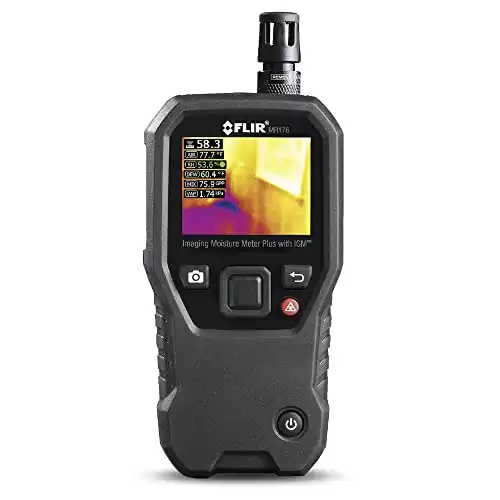
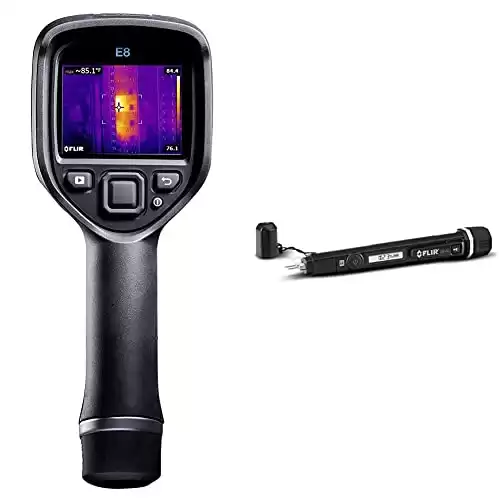
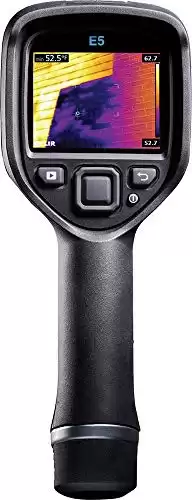
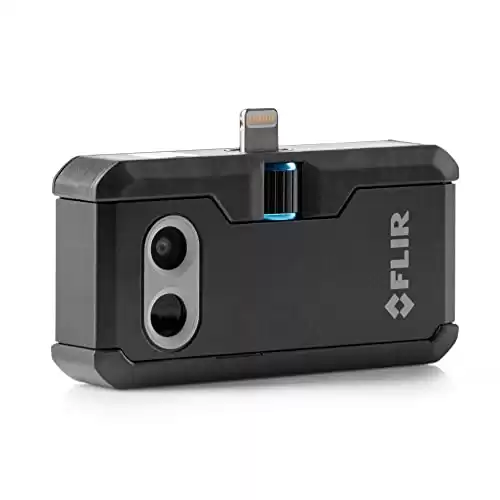
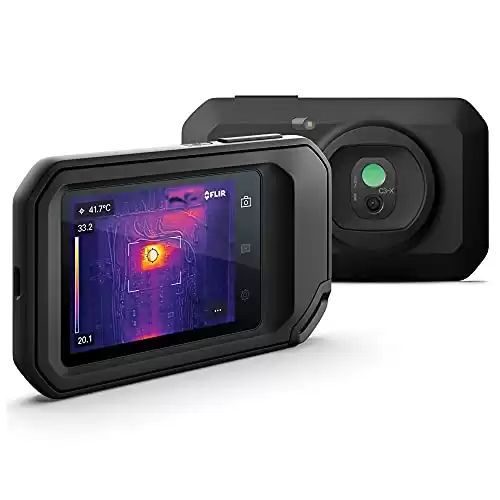
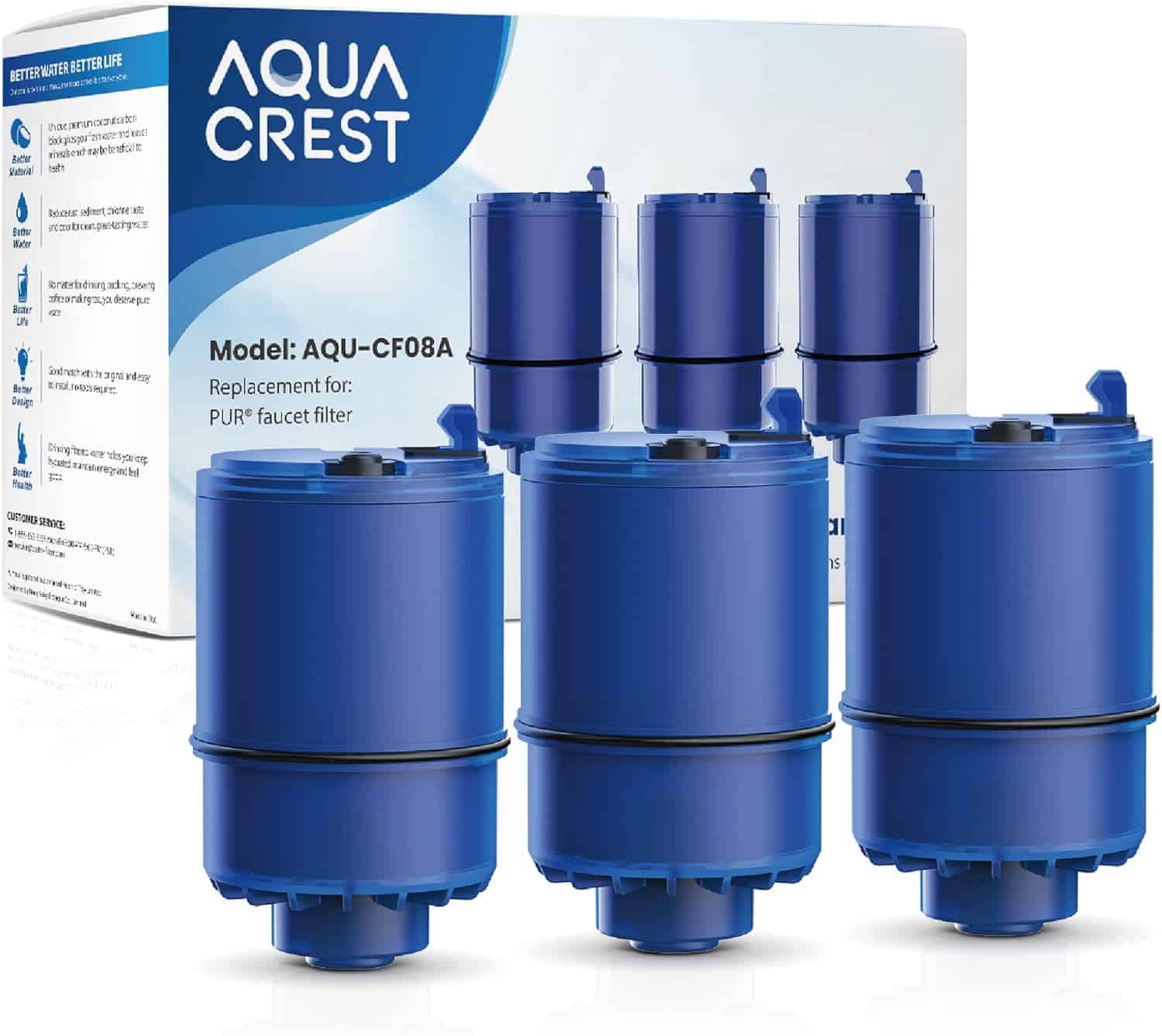
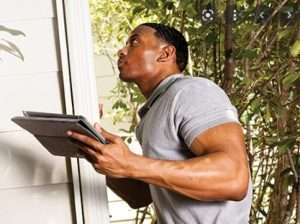



Pingback: The Cost of Duct Cleaning: Is it Worth the Investment? - GGR Home Inspections